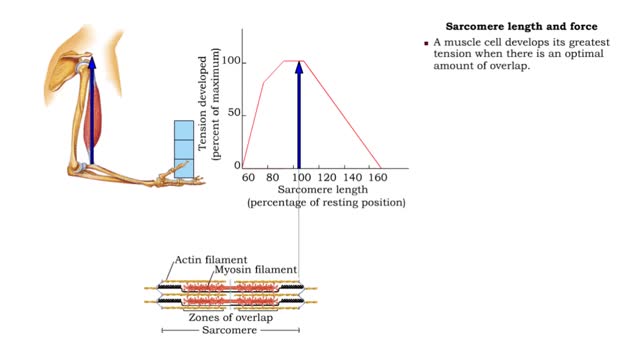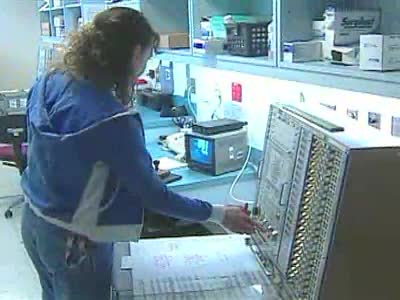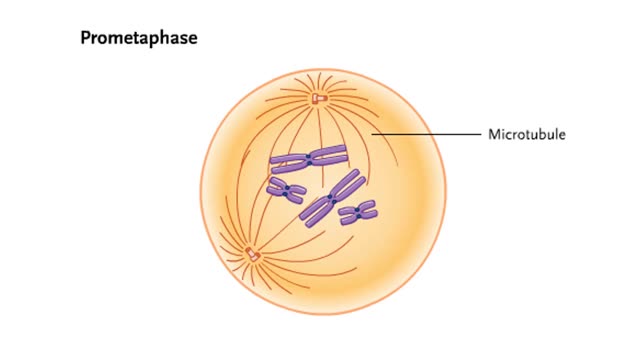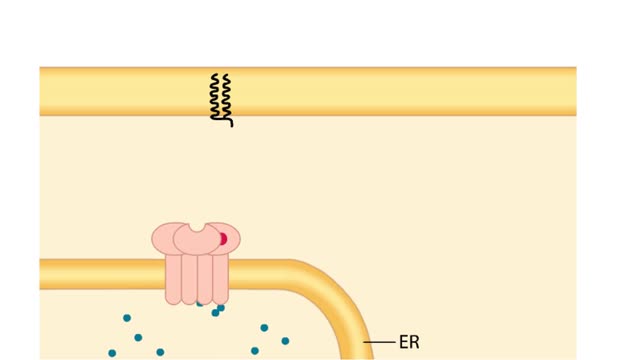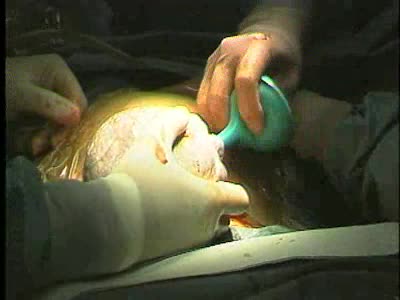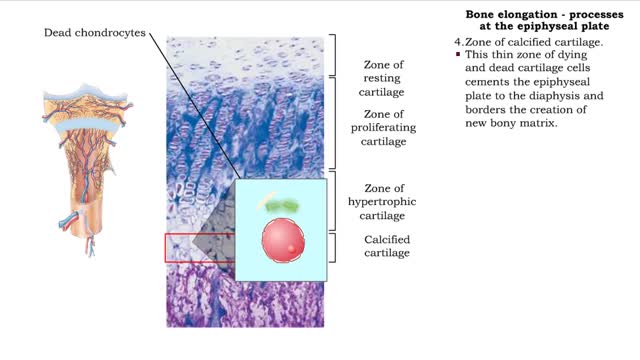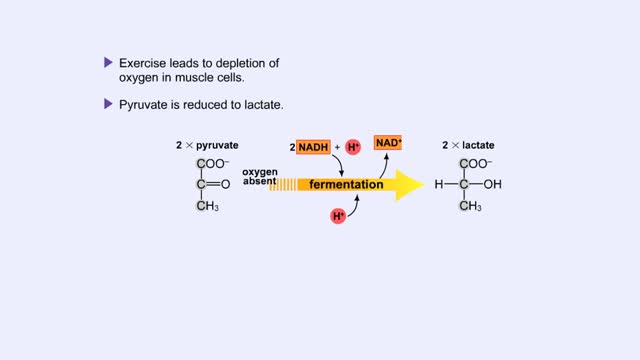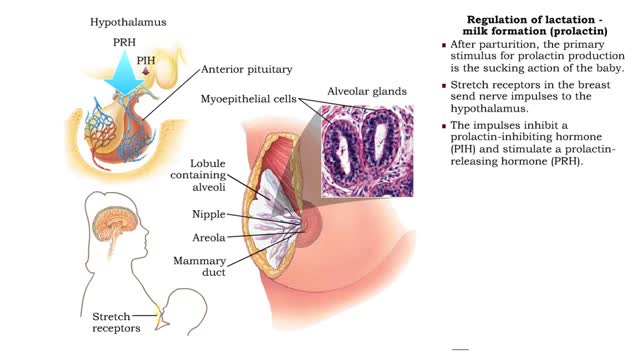Search Results
Results for: 'Red Blood Cells'
Predator- prey competition and symbiosis
By: HWC, Views: 10839
Predator-prey relationships occur when one species, the predator, kills and eats an organism of another species, the prey. This graph shows the cyclical nature of predator-prey relationships, in this case among populations of Canada lynx and snowshoe rabbits. If predation is without some li...
Factors that influence muscle tension - Sarcomere length and force, understretched and overstretched
By: HWC, Views: 11130
• Muscle tension generated through the contraction of muscle cells provides the force necessary for the muscular system to function. • The amount of tension produced depends on several factors: • Sarcomere length Frequency of stimulation • Motor unit size • Recruitment of moto...
By: Administrator, Views: 14146
Epilepsy is a group of neurological disorders characterized by epileptic seizures. Epileptic seizures are episodes that can vary from brief and nearly undetectable periods to long periods of vigorous shaking. These episodes can result in physical injuries, including occasionally broken bones. In ...
By: HWC, Views: 9179
During interphase, the chromosomes will be duplicated in preparation for mitosis, which divides the chromosomes, and cytokinesis, which divides the cell's cytoplasm. In early prophase, the duplicated chromosomes begin to condense. Each chromosome consists of two sister chromatids joined at the...
Second Messengers in the Inositol-lipid Signaling Pathway
By: HWC, Views: 10192
Extracellular signals produce specific responses in target cells through the action of intracellular second messengers. Here, we focus on three second messengers, IP3, DAG, and Ca2+, all involved in the inositol-lipid signaling pathway. A hormone-receptor signal on the cell surface leads to the a...
By: Administrator, Views: 461
Caesarean section, also known as C-section, or caesarean delivery, is the use of surgery to deliver babies. A caesarean section is often necessary when a vaginal delivery would put the baby or mother at risk. This may include obstructed labor, twin pregnancy, high blood pressure in the mother, br...
Bone elongation - processes at the epiphyseal plate
By: HWC, Views: 11181
• Interstitial lengthening occurs in only certain bones, primarily those of the appendages. • Such lengthening takes place at the epiphyseal plate, a layer of hyaline cartilage in the metaphysis of a growing bone. 1. Zone of resting cartilage. • Consisting of a hyaline cartilage pa...
Fermentation - When Oxygen Is Absent, Pyruvate to Lactate & Pyruvate to Ethanol
By: HWC, Views: 10521
Pyruvate is the end product of glycolysis. If oxygen is present, pyruvate enters the mitochondrion where further energy yielding reactions of the Krebs cycle will take place. However, if oxygen is not present, pyruvate will enter a pathway called fermentation. This pathway regenerates NAD+ fro...
By: HWC, Views: 11786
Regulation of lactation - breast preparation • Pregnancy hormones trigger breast changes to prepare for feeding the new baby. • The amount of the hormone prolactin, essential to the initiation of lactation, increases steadily throughout pregnancy. • However, high levels of both estroge...
Advertisement




